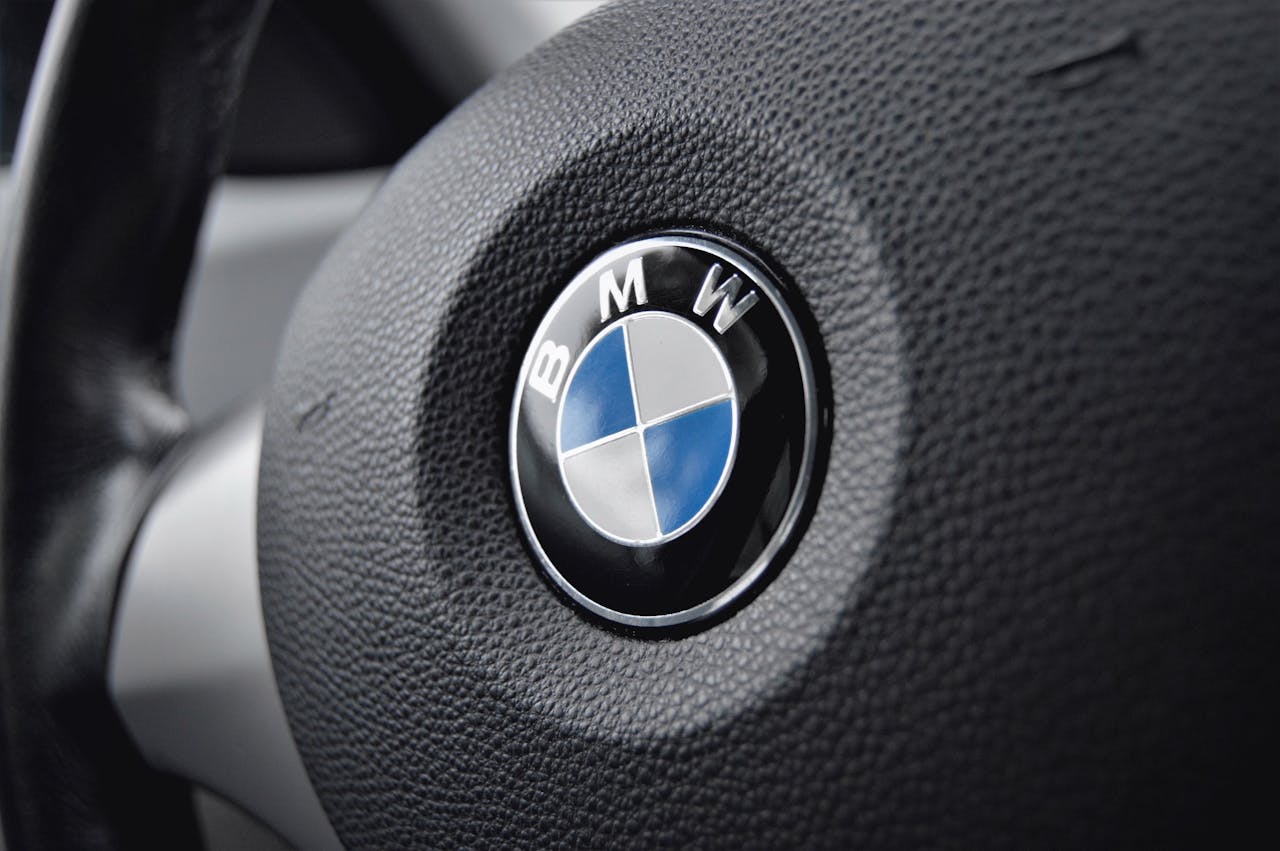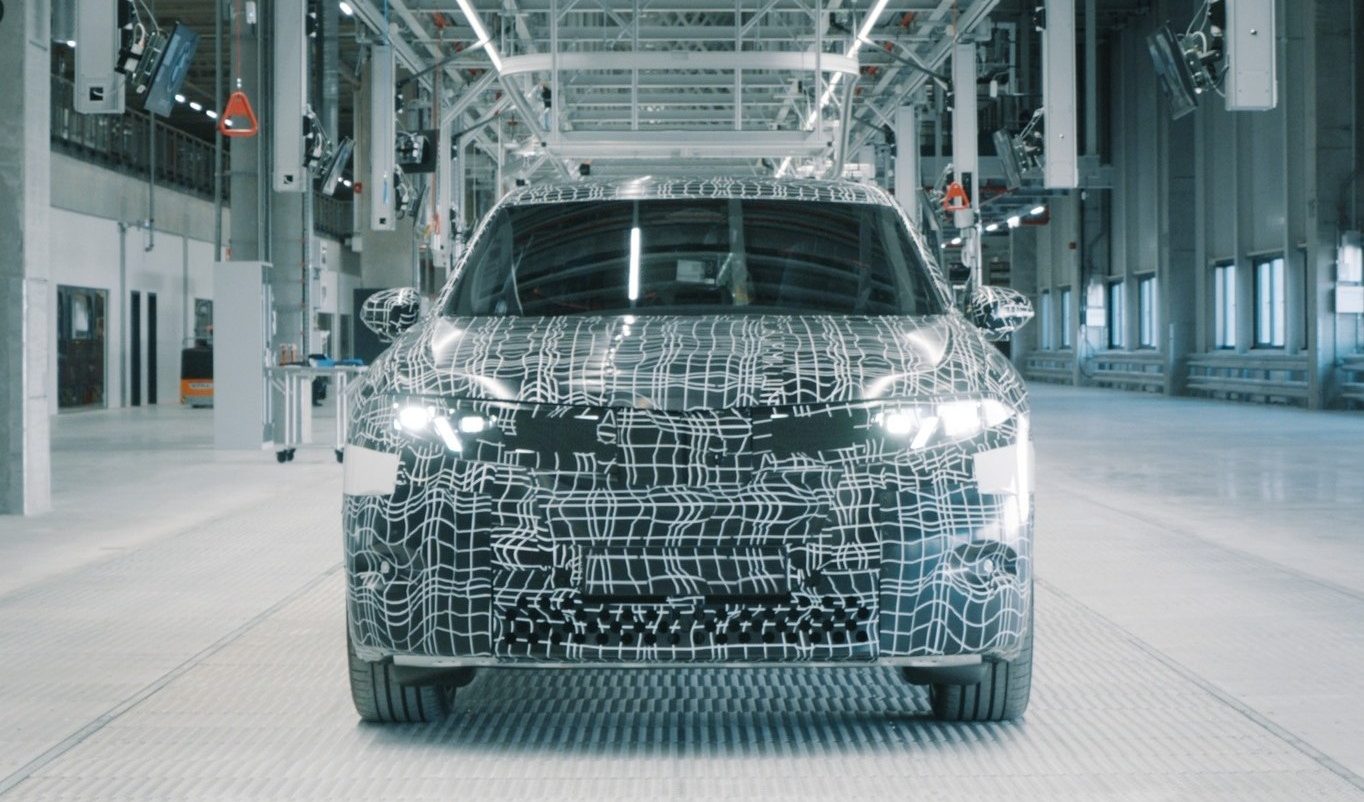
The Group is showing interest in the medium term in integrating local companies directly into its supply chain.Continue reading

BMW’s new iX3 50 xDrive, the first model to be produced at its Debrecen plant in Hungary, represents a major step forward in sustainable vehicle manufacturing. As part of the upcoming Neue Klasse model family, the all-electric SUV is designed to have a significantly lower environmental impact than similar petrol-powered models—potentially even within its first year on the road, Magyar Nemzet reports.
While electric vehicles are often criticized for their higher emissions during production, especially from battery manufacturing, BMW has addressed this challenge directly. The company states that the iX3 50 xDrive can reach carbon parity with the internal combustion X3 20 Drive after just 17,500 kilometers if charged with renewable energy. Even when using the EU’s average energy mix, this break-even point is achieved at around 21,500 kilometers.
To achieve this, BMW reduced production-related CO2 emissions by 35% through the use of recycled materials and cleaner manufacturing methods.
One-third of the new iX3 is made from recycled raw materials. The sixth-generation battery cells contain cobalt, lithium, and nickel sourced 50% from recycled materials, and renewable energy is used in both cathode and cell production. Compared to the fifth-generation batteries, CO2e emissions per Wh have been reduced by 42%.
The first underhood storage compartment is made from marine plastic waste, the engine compartment cover is 30% recycled material, and 80% of the wheel hubs and 70% of the cast aluminum wheels are made from recycled aluminum. The Econeer upholstery fabric is made entirely from recycled PET fibers. The seat design has also been optimized to make it easier to remove recyclable fabrics at the end of the vehicle’s life.
The Debrecen plant itself plays a key role in the model’s sustainability.
It is BMW’s first facility to operate entirely without fossil fuels, running on solar power and other renewable sources.
Excess energy is stored as heat and reused during production, such as in the paint shop. As a result, manufacturing one iX3 50 xDrive in Debrecen results in only 0.1 tons of CO2 equivalent emissions, two-thirds lower than the output from BMW’s other factories.
BMW plans to introduce around 40 new models by 2027, including a complete refresh of its lineup. The iX3 50 xDrive is an early example of the company’s commitment to building cleaner, more efficient vehicles without compromising on performance or design.
Via Magyar Nemzet, Featured image: Facebook/BMW Group Gyár Debrecen